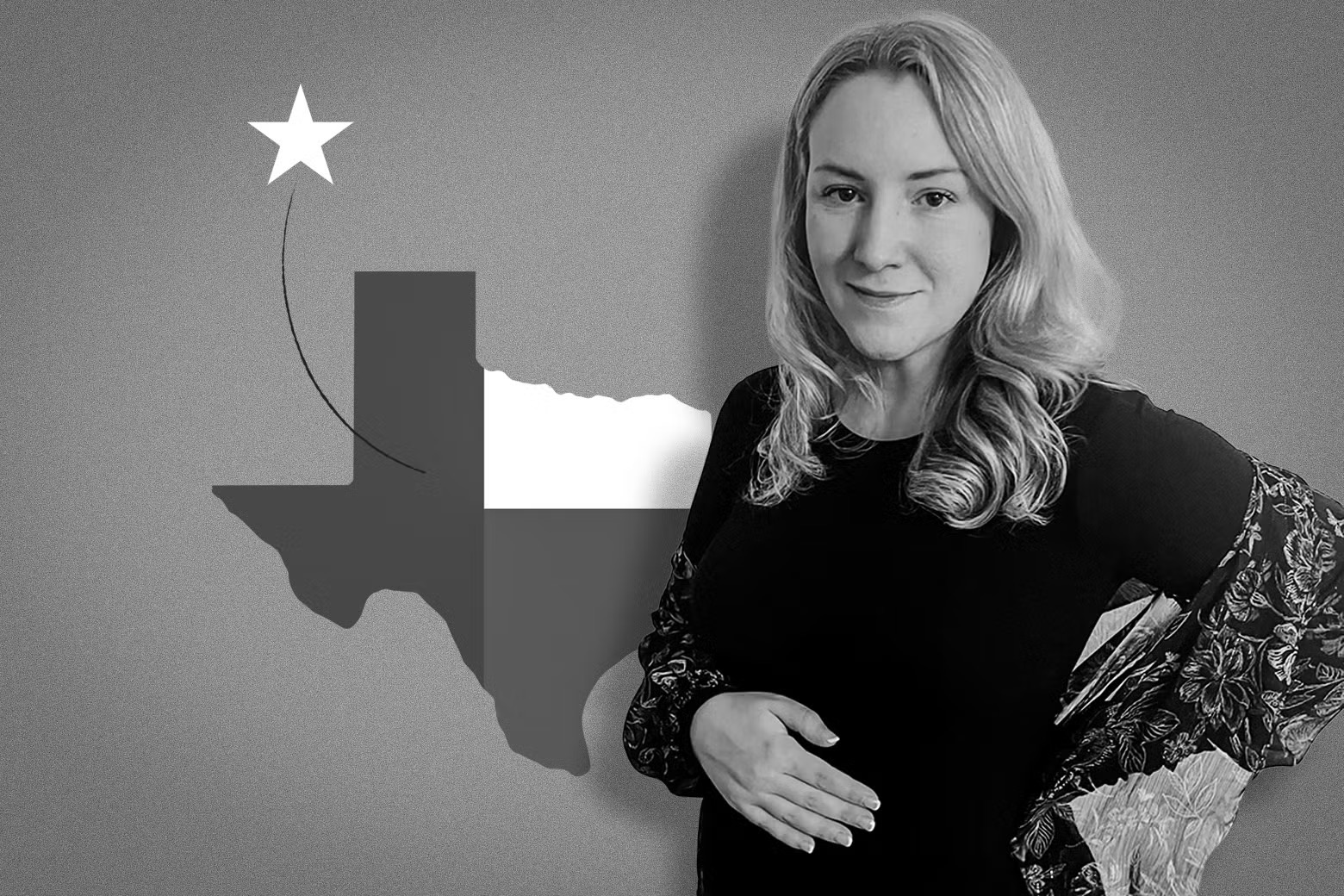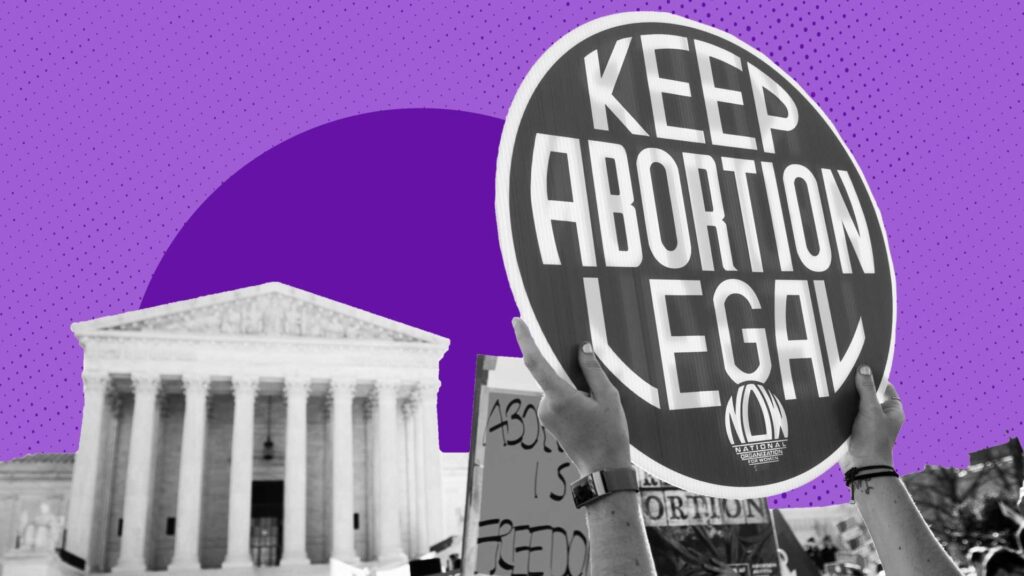New data suggests women are fed up with SCOTUS and want reform
More Of This
Last month, the Supreme Court at last conceded that, yes, the justices are bound by a code of ethics—and did it in the most passive-aggressive way possible. The code, they said, “largely represents a codification of principles that we have long regarded as governing our conduct,” and was necessary only to dispel the “misunderstanding” that the justices “regard themselves as unrestricted by any ethics rules.”
Of course, the public’s “misunderstanding” is the product of a raft of recent stories detailing how the conservative justices taking their rights away are also unethical actors (who could have known?) accepting money and gifts from billionaire donors without recompense. As has already been discussed in countless articles, their code of conduct is toothless—it asserts that justices “should not” allow financial relationships to influence their decision, but contains no accountability mechanisms to prevent them from doing so. Nevertheless, the justices’ formal admission that they’re seen as unaccountable represents a significant development in the Court’s legitimacy crisis: Public pressure is working.
These scandals have kept the Court under a spotlight for much of this year, but Americans have had growing concerns about the Court’s integrity for much longer—since last May, in fact, after the leak of the draft majority opinion in Dobbs v. Jackson Women’s Health Organization, which overturned Roe v. Wade and eliminated the right to abortion care. After the conservative supermajority demonstrated its willingness to take away fundamental rights, the public understood that the highest court in the land might have an accountability problem—and according to the numbers, no one understands that accountability problem better than women.
Read the rest on Balls & Strikes
In a post-Roe world, judges get to decide what pregnant people can do
Speaking Of...
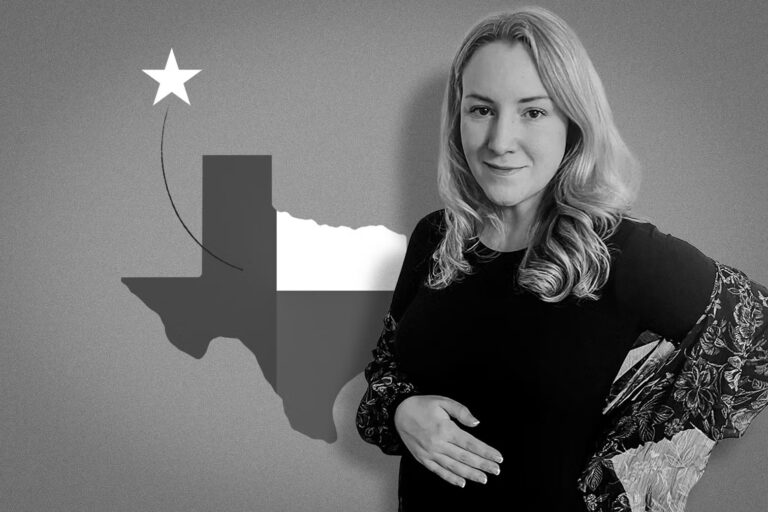
Here is a partial list of the not-medically-trained people who made the medical determination that terminating Kate Cox’s 20-plus-week-old pregnancy would not fall under an approved exception to Texas’ threeoverlapping abortion bans. Not one of these people, mind you, knows anything about pregnancy, medicine, or Kate Cox’s life, they each just decided that because she did not suffer from “a life-threatening physical condition aggravated by, caused by, or arising from a pregnancy that places the female at risk of death or poses a serious risk of substantial impairment of a major bodily function unless the abortion is performed or induced,” she could not access an abortion, despite the fact that her fetus did receive, from a physician, a diagnosis incompatible with life. The list of people with the moral certainty and medical acumen to restrict this woman’s access to the health care that would in fact preserve her fertility are:
So here we are. It’s 2023 and Texas has elected an all-Republican Supreme Court that is now asserting in a written opinion that the judiciary shouldn’t be deciding reproductive rights questions because such questions should be left to medical experts, at the exact same time that it is second-guessing a real, live medical expert and granting to itself the sole power to decide which acute medical conditions are life-threatening and which are just jolly good fun.
Read the rest on Slate
Conservative lawyers are going after diverse law firms
Less Of This
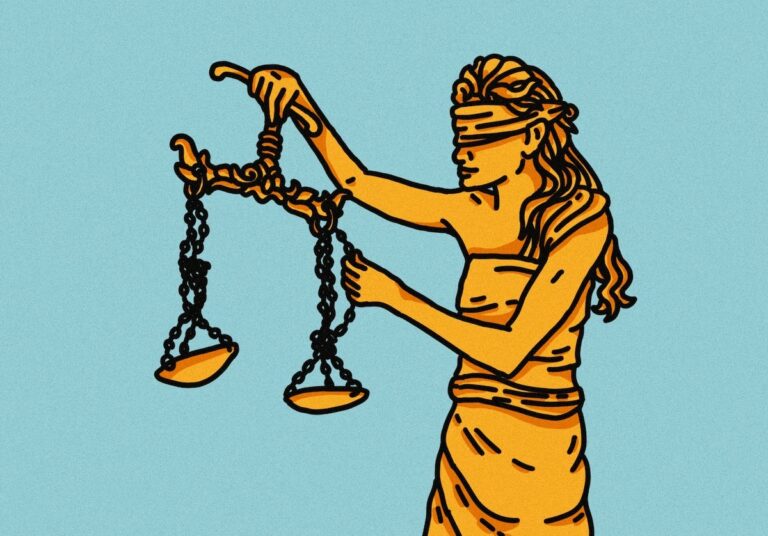
The conservative campaign to dismantle corporate diversity initiativeshas hit pay dirt by focusing on a surprising target: Law firms.
Since August, the conservative American Alliance for Equal Rights has sued or sent threatening letters to at least seven law firms, demanding that they shutter diversity fellowship programs, and claiming that they exclude qualified White and Asian students based on race.
Meanwhile, five Republican state attorneys general have fired off letters to 100 top law firms, threatening legal action and suggesting that “racial discrimination in employment and contracting may be commonplace” in the legal industry.
Read the rest on Washington Post
Lawyers willing to undermine democracy might soon have great job prospects
Stay Vigilant
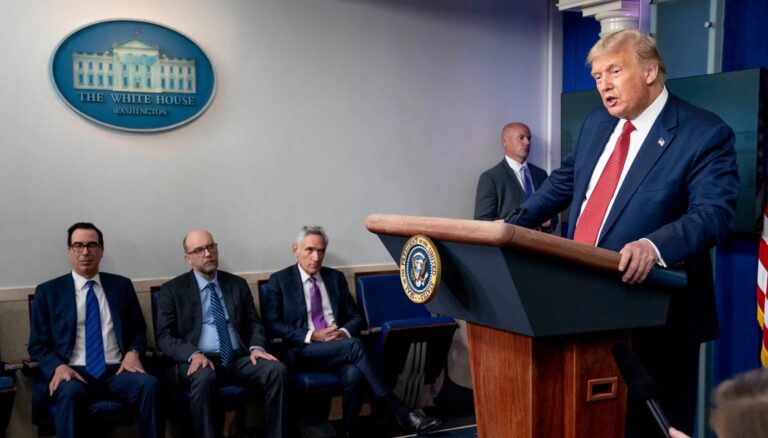
Close allies of Donald J. Trump are preparing to populate a new administration with a more aggressive breed of right-wing lawyer, dispensing with traditional conservatives who they believe stymied his agenda in his first term.
The allies have been drawing up lists of lawyers they view as ideologically and temperamentally suited to serve in a second Trump administration. Their aim is to reduce the chances that politically appointed lawyers would frustrate a more radical White House agenda — as they sometimes did when Mr. Trump was in office, by raising objections to his desires for certain harsher immigration policies or for greater personal control over the Justice Department, among others.
Read the rest on NY Times




